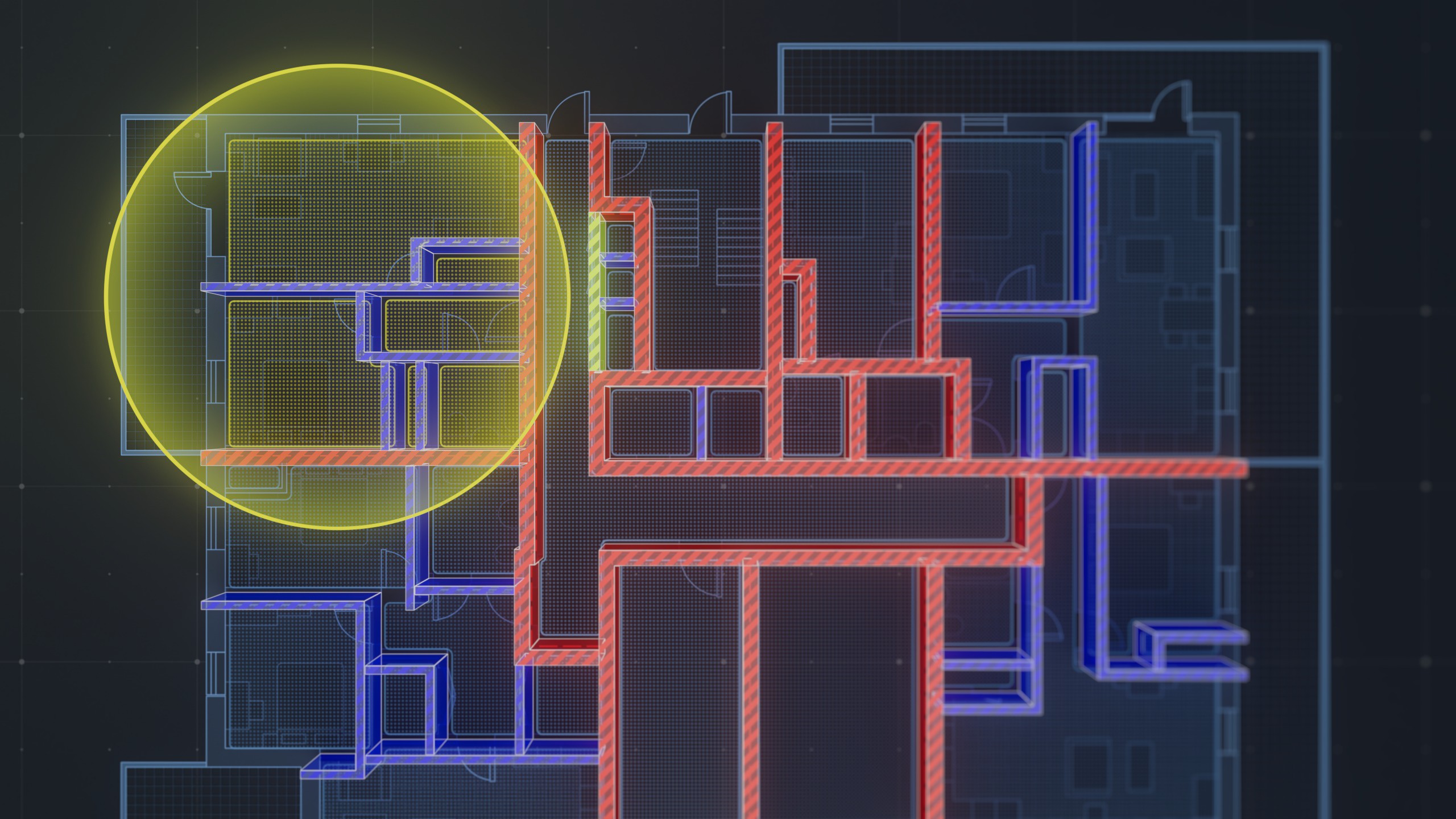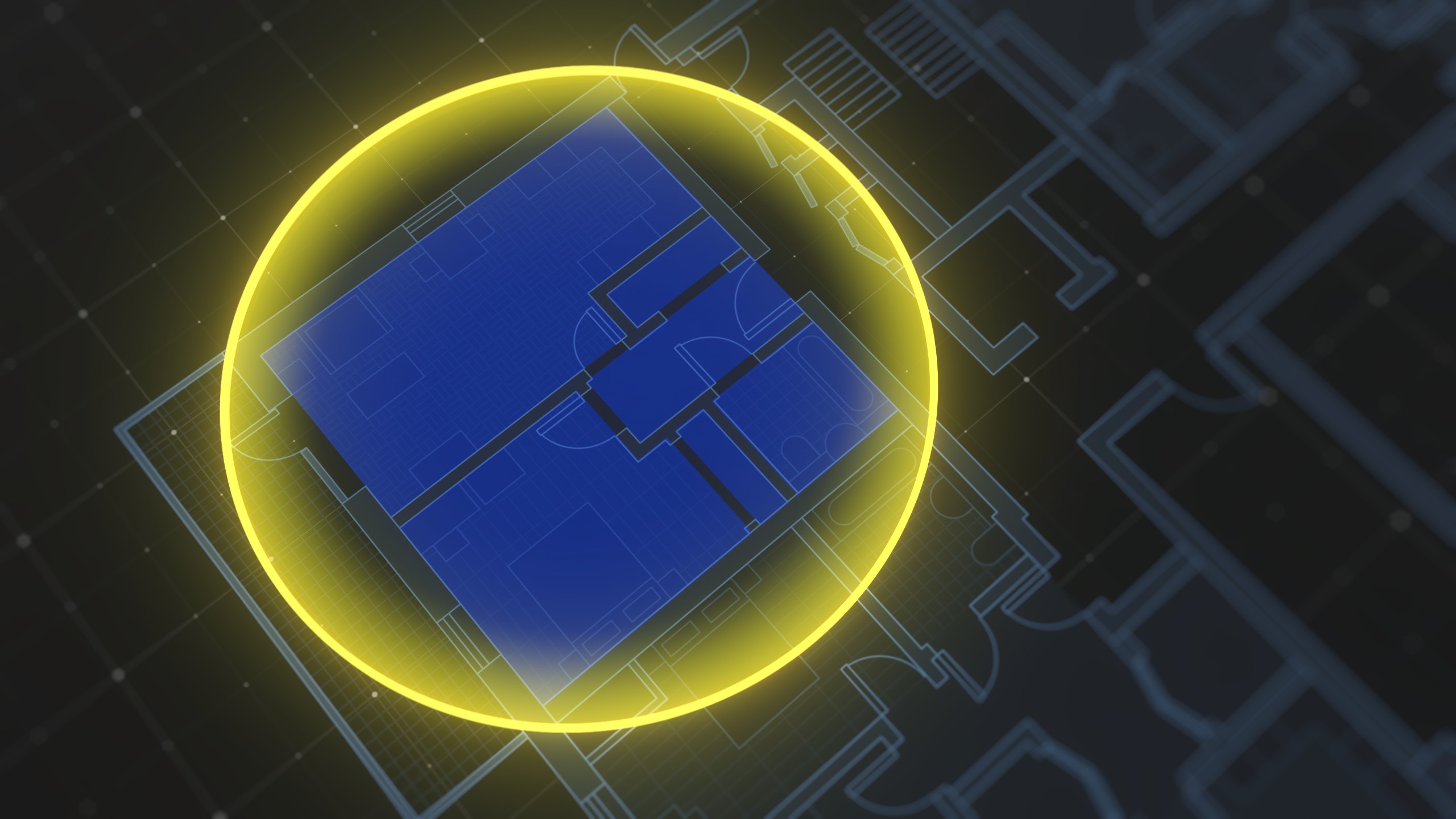Material testing is an integral part of the structural engineering and construction process. Construction material testing (CMT) involves the analysis of a wide range of materials, like concrete, steel posts, and wood, to assess structural integrity and feasibility for specific projects. A series of tests are required to accurately predict the project costs, viability, and estimated longevity. This rigorous testing is necessary for efficient construction takeoff.
Technicians do CMT before cost estimation and contract development. Construction procurement relies on accurate estimates, allowing companies to acquire all materials, equipment, and labor for a project and develop accurate contracts for clients and partners. AI technology plays a large part in consolidating and analyzing data. It’s instrumental in predicting the longevity, price, safety, and sustainability of certain materials.
Quick and Accurate Analysis
The construction industry can use artificial intelligence (AI) to drastically improve CMT outcomes. AI-based inspection tools produce results with up to 97% accuracy for the design of materials like anchor pins that must fit perfectly for each project. AI and machine learning in construction offers in-depth, automated audits of project materials like this. Algorithms can automate everything from the estimated quantity and type of materials to predictive cost modeling based on historical data and project-specific factors. Using past project data, AI can predict the outcomes of material use.
For industry segments like mechanical, electrical, and plumbing (MEP), efficiency and accuracy in estimation are crucial to the success of each project. AI-driven innovation in MEP is a prime example of how analysis can facilitate proper construction takeoff and estimation. Digital mockups of projects and processes can provide data that software uses to estimate material needs.
Using pattern recognition software, AI can more quickly and accurately predict which materials have a high chance of success in a certain project. By estimating material needs and flagging for possible material risks, the testing process becomes much faster than if it was done manually.
Precision
Although AI-powered CMT is faster, that doesn’t mean it is less precise. It eliminates the possibility of human error. The large amounts of data it can analyze, including past data and current data from sensors and cameras, allow for greater accuracy. For instance, AI algorithms can analyze images of construction sites to detect material quality issues. Real-time detection of defects ensures higher accuracy and better project outcomes — for that specific project and those going forward.
Detailed Insights
CMT thrives on granular details that give construction professionals an in-depth look at the way materials will fit into the project plan. AI can offer these detailed insights by analyzing mass amounts of historical project data, material costs, labor efficiency, and material efficacy. This allows for accurate material estimates for projects.
For example, machine learning algorithms and geospatial data can optimize material selection. Factors like land usage, soil conditions, weather patterns, proximity to amenities, transportation options, and market trends can provide a clear picture when you’re deciding on feasible materials.
Comparison to Historical Data
Leveraging historical data involves past project results as well as market conditions and competitor projects. This look into previous materials use can offer valuable insights into how the same or similar materials will perform in upcoming projects. AI algorithms analyze images or even video feeds from construction sites, identifying specific elements like installed components and analyzing them in conjunction with project completion times.
Scalability
You can also easily scale projects using AI to reflect company growth. If a construction team is assigned larger projects, they can use historical data from past projects to predict the success of materials used at a larger scale. For example, AI can analyze aspects of eco-friendly, green concrete and how it would hold up for a larger construction project. This saves valuable time and resources, allowing for the successful upscaling of a construction company.
Consistency in Updated Standards and Procedures
Again, human error is possible when conducting rigorous materials testing. Instead of relying on traditional methods, AI can implement the latest CMT standards and procedure requirements. For example, systems can automatically send the appropriate materials to the right labs for inspection, or provide reminders to do so.
Innovative Development
While working in tandem with AI, construction professionals can come up with novel solutions to age-old problems. AI testing of certain materials provides new insights into how those materials will, for example, have a positive effect on the environment if used in certain projects.
Developers are using materials like hempcrete, cork, and recycled steel more frequently in construction, but AI-powered analysis can adapt them to various projects more effectively. For instance, AI can use digital models to determine the feasibility, durability, and environmental effects of using hempcrete for a high-rise building.
Projection
By analyzing past material use and its efficacy, AI can accurately project future market trends, material costs, labor rates, and environmental factors. This has a big sway on materials testing because each material needs to stand the test of time.
For example, AI may predict a decrease in costs for implementing solar panels into construction projects over time due to market projections. This can affect the CMT process by opening up solar panels as a possibility for future projects.
Predictive Maintenance
Using past data, AI can also provide insights on predictive maintenance to construction professionals. Knowing how likely a material is to fail or how often it will need repairs is crucial to informed decision-making in construction. Without previous insight into the required upkeep for materials, building owners could end up going over budget in the long run.
Real-Time Updates
AI facilitates real-time updates to evaluate the efficacy of materials. Immediate notifications of material testing results are important for the quick resolution of issues and ordering of further materials.
Further Supporting Technologies
Beyond AI, there are supporting IoT devices and construction materials testing software you can implement to support proper CMT. Material testing and its outcomes depend on the proper implementation of tech, including the following:
- Construction takeoff software streamlines material quantity measurement. Using AI, it provides accurate quantity predictions for materials like concrete, steel, and drywall.
- Concrete estimating software calculates the material requirements for concrete-specific projects. This gives you an accurate estimation of the concrete, rebar, and formwork volume required and allows for optimal resource allocation.
- Framing estimating software estimates the framing materials needed for constructing walls, roofing, and flooring. AI-powered tools provide quick measurements of joists, rafters, studs, and headers, providing accurate material counts for framing assemblies.
- Drywall estimating software determines drywall quantities and predicted costs. IoT devices can work together with this software to measure walls, ceilings, and partitions accurately, generating drywall materials lists.
- Painting estimating software estimates the amount of paint needed, as well as the costs of the paint materials for calculated walls, ceilings, and trim. This can be exterior or interior paint and improves budgeting accuracy and reduces paint wastage.
- Steel estimating software predicts steel requirements by calculating beams, columns, and other components in a virtual mockup of a construction design. This optimizes resource allocation and ensures seamless workflow and budget adherence.
- Flooring estimating software determines flooring material needs such as square footage of carpet, tile, and hardwood. AI-powered sensors and digital models provide accurate measurements and help with material ordering and installation planning.
- Masonry estimating software provides automated estimates for how much brick, block, and stone construction projects need. Analysis of walls, facades, and chimneys predicts costs and quantities.
A combination of AI-powered data analysis, digital mockups, sensors, and construction takeoff estimating software is a powerful catalyst for a streamlined, efficient, cost-effective project.




.png)